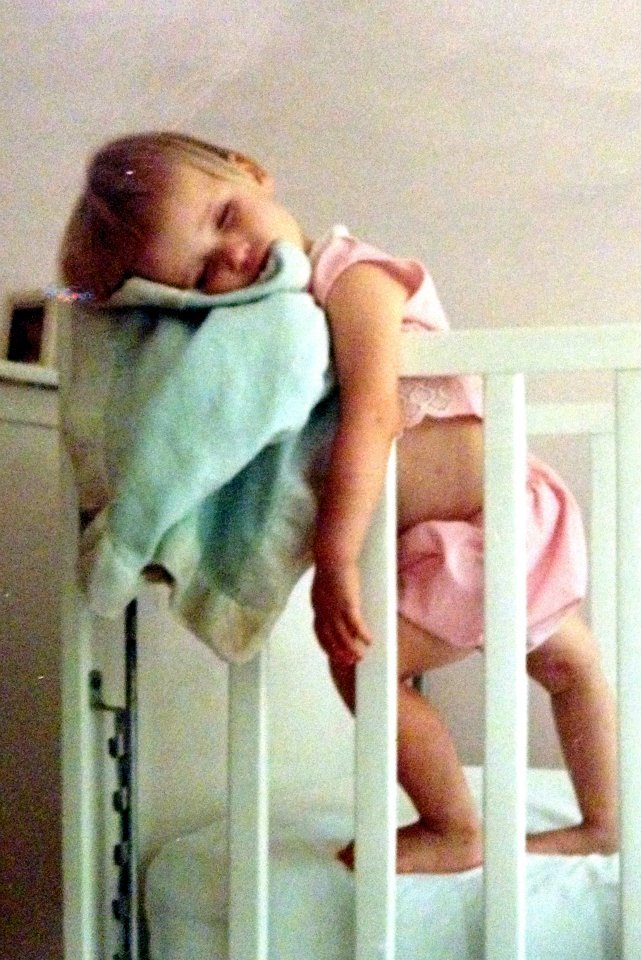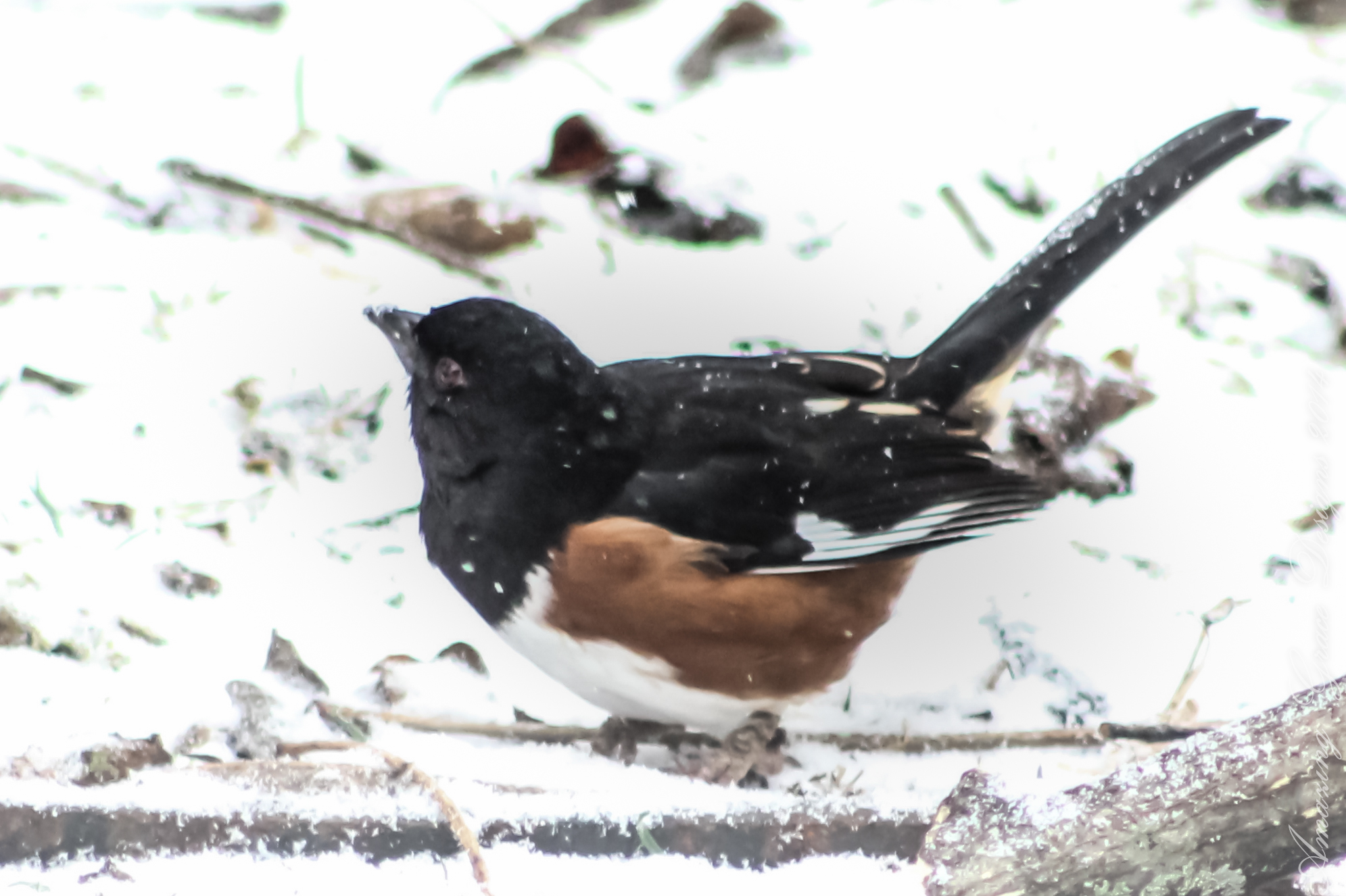Uncle David, "Mr. L", and Dialysis
Uncle David, “Mr. L”, and Dialysis
I spent a lifetime in San Antonio last summer. That sounds kind of odd, but it’s really how it feels when I think back. My life changed in that town. Much of the changes came from a relationship I built with my husband’s uncle, David. Uncle David was in the nursing home when I arrived, and he traveled to the dialysis center three times a week by way of the local transport company. I knew very little about dialysis when I first went to sit with him. In fact, the very first time I went, my husband and I were just in town for a short visit in late spring. I had heard of dialysis before, and had just had a client I was helping at an outreach center back home tell me he could only meet with me on certain days because he was taking dialysis treatments. That had been my introduction to dialysis, my client “Mr. L”. So when I went into the dialysis center in Kirby, Texas, I was interested in knowing what the point was. I immediately noticed the chill, the sterile-feeling and -smelling air, and the enormous number of black people. In asking different sources, I have been told several times that the difference in diets is largely to blame for the larger number of Black/African American patients. (Many of my friends prefer African American, but lots seem just fine if I say Black, as opposed to my being White; no offense intended.)
What was dialysis, really? I saw massive machines housing the tubes with blood running through them, the room that was filled with a steady hum and with sleeping bodies snuggled in warm blankets, and the disproportionate number of black people to white people in the large room…. It struck me that one of these people could be just like my sweet “Mr. L” back home…living life all week long, but stopping every other day to sit in dialysis. Still, I didn’t know what was really happening, and I couldn’t understand why there were so many black people. I questioned…I learned that the dialysis machine is the kidney for the patient. As my own kidneys filter the blood in my body, the dialysis machine pumps the patient’s blood out of the body, through the filter, and back into the body. Without the machine, these sweet people would die. It was really a sobering fact.
When I first started my extended stay in Texas, I would meet Uncle David’s transport at the dialysis center. I was sure I should be there. After a couple of visits, though, I realized that Uncle David was exhausted from the dialysis treatment and would sleep through much of the day. In fact, I noticed that most of the patients were sleeping, and I was one of the only visitors I ever saw there. I realized there was no reason to stay longer than 30 minutes. Uncle David would be tired and cold. Making sure his blanket was there was the best thing I could do for him. He was always very cold. We would talk about how exhausting going to dialysis was for him, and he would always say “If I stop going, I’ll die.” So he went.
When Uncle David died (of unrelated causes to his dialysis), one of the saddest things was calling the dialysis center and telling the sweet nurse there how much I appreciated her kindness, but that we wouldn’t be coming back. Patients and nurses, and patients’ families in this case, develop relationships.
A year since I left Texas, I think about the people sitting in dialysis. I’ve not been working in the outreach center since coming home, so I’ve not really known how “Mr. L.” was doing. And then, I saw the obituary. It was short. “Mr. L.” had died. He was very young, actually–only in his late 50’s. There was no funeral home in charge, so I wondered if there would be a funeral. I prayed for “Mr. L.” and imagined my own little service for him. I wondered about his dialysis…how it had saved him but restricted him. I wondered why he, as a black man, had to have dialysis anyway. All that wondering finally found a better answer than just “they eat differently.” I found a study reported in the American Journal of Kidney Diseases that explained what no one else had been able to say:
Genetics may also be to blame for the high rates of kidney disease among African Americans. Researchers say that a single gene, called MYH9, may be also be responsible. Doctors have traditionally blamed hypertension and high blood pressure for causing kidney disease, but it may not be the only cause. Dr. Barry Freedman, professor of internal medicine and nephrology at Wake Forest University, said, “the MYH9 gene association in African-American kidney disease is the most powerful genetic cause of a common disease yet discovered.”
About 70% of African Americans with non-diabetic forms of kidney disease were found to have this gene, and many end up on last-ditch treatments like dialysis. The MYH9 gene predisposes this group of the population to the type of kidney disease that is believed to result from high blood pressure. It also gives them a higher risk of kidney disease that is connected with HIV. Regardless, the gene is not the sole contributing factor to kidney failure. Diabetes and high blood pressure still remain the most common causes of the disease in the United States.
This all serves to remind me…my desire to help people see the importance of making good choices about what enters the body is important. It is not something that I need to be quiet about and just take care of me. People might not be able to control the genetics, but they have easy control over what they put into their bodies, into their children’s bodies.
October is Breast Cancer Awareness Month. MARCH is National Kidney Month. Learning about taking care of the body and about what is happening to others should be taking place every month.
Today’s blog is written in loving memory of Uncle David and “Mr. L.” and in support of Kidney Health.






